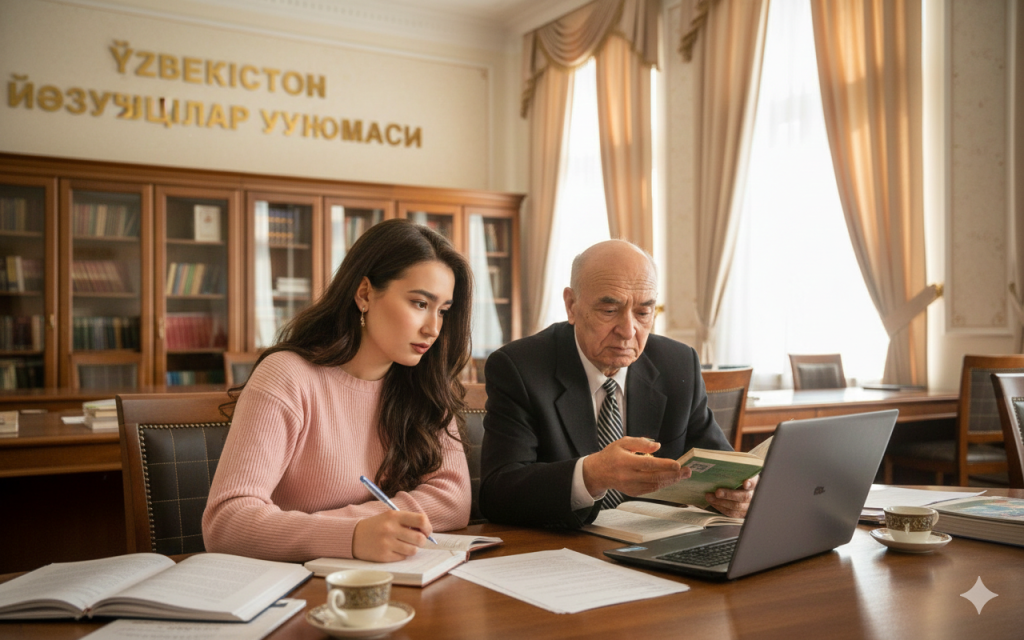Both Sides Now
The look in the two eyes, green, green—
yet one is saying, Slow down approaching me.
The scar across the bridge of the nose yields
at crest, accounting for some preservation
of innocence lingering on the readier side of my face
when I cover the opposite side with a book
standing in front of a mirror, its LED square,
with a swirled boundary of yin and yang persisting
as I shift the book, looking at my look, this side
then that side, seeing here the careworn singer
cricket of summer, there the burdening ant
in how one brow lifts, the other will not.
The flare of both nostrils, one declaring
Something around here’s gone sour…the other’s wing
wanting to increase its faith in burning
one more lavender candle. The shush cleft
of the upper lip hopelessly wanting to give its secret
away with a grin, the teeter-totter down
side of the mouth from a tick it’s got working
out our monthly budget. All the blame
on either side of me bristles with two-day stubble
counter-patterned to keep my Gillette attentive.
Dad? Is that you? Mom? From how deep, I must
be seeing the bust from an old temple for Janus
in times that modeled inordinate hiving of
our DNA in enchanted unison under
harvest moons. Moon face. Bright eyes—
one with a sagging lid. The one cheek
less buttoned, the sharper one. Is there no truth
in the balance of your scales?—now peering,
without the book, for the wholeness of my one regard,
wanting to un-see this divide
I have so looked into this curious hour, to the open
pores. And oh wrinkles, where is that cream for you?
Radar
Each time I beam in on one in the movies
my own searching nearness dimly flickers.
Time quickens with the needle
sweeping the element in reach
where you had always been. Then one day
your look stilled in mine, just for a bleep,
and you smiled. My eyes batted.
The sea of the world turned opaque,
enveloping, swimming clear in anonymity
where, closer, closer, read and reread
back and forth like a palindrome, singularly
that flash of you pulsed and blossomed
again on the dark instrument of Who’s there?
The slip away? The jolt and tremor? What is
everything? Seeing it come for you?
Skywalk
A pheasant’s flight over a country road
came to mind once when I was in the city
tubed in the glass of a skywalk
looking down at the traffic on the street
on the way from one building’s wide throughways
past pricey boutiques to a Starbucks and ATMs.
Under gray rain, if you knew your way
through the construction labyrinth of downtown,
you didn’t need to open an umbrella.
Mine kept furled neatly in my hand.
My head was full of everything going
into work, with this one suspended glimpse
of the world around me thickening in a drum
of downpour, then hushing at the let-up,
the dark wet street below eye-beamed
with headlights, glowing with tail lights.
Night had fallen clear on my way home.
I had a minute to stop and hover
imagining myself sole in ascent
through a hazy nimbus of the buildings’ lights
up into an utter blind gap of space
where the charts of the stars clustered
to a stunned emptying of the mind before
I came down with my nothing among the commuters.
Michael Todd Steffen’s third book, I Saw My Life, is being published by Lily Press (www.lilypress.com) in March 2026. Mike lives in Somerville, Massachusetts. He helps coordinate The Hastings Room Reading Series and frequently publishes articles about new and established poets on the Boston Area Small Press and Poetry Scene website. His poems have appeared in journals, including The Boston Globe, The Dark Horse, Everse Radio,North of Oxford and Ibbetson Street. Boris Dralyuk (managing editor for Nimrod Journal) writes, I have read [Steffen’s] poems with enormous satisfaction. His lines are supple and wear their unmistakable wisdom lightly.






